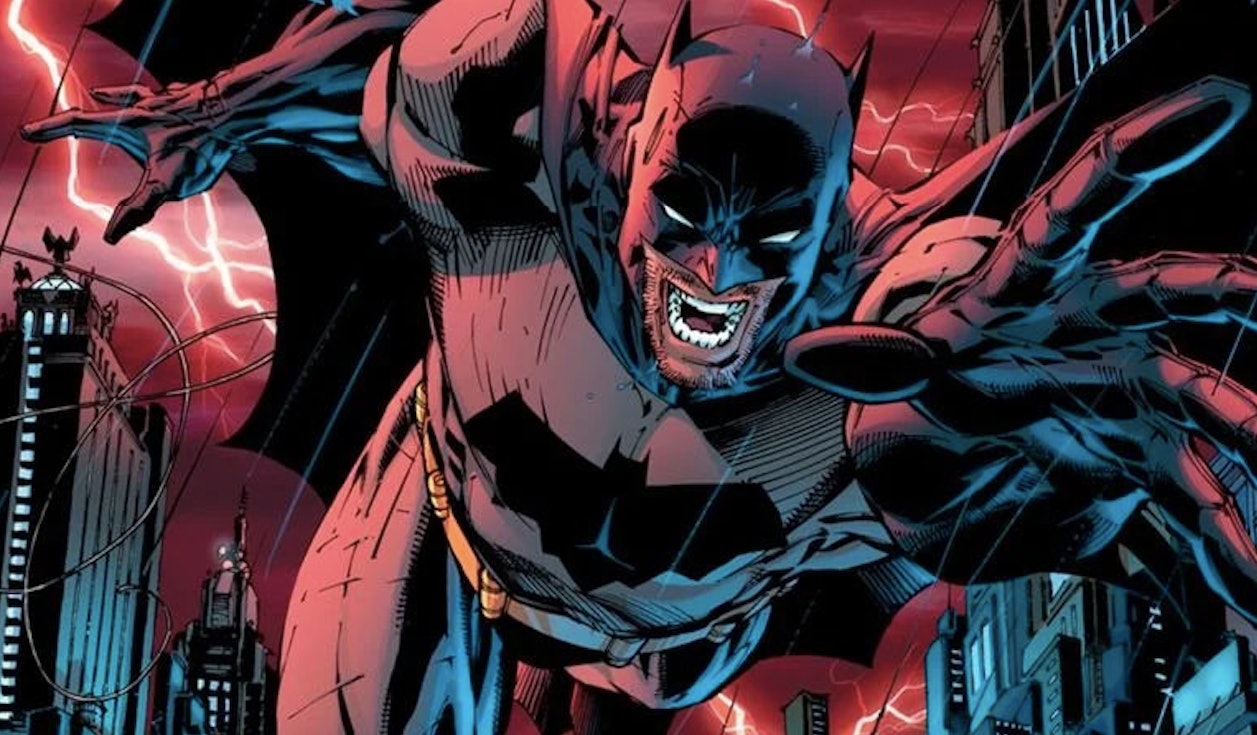
It should’ve been one of the greatest Batman stories ever told.
The reality was quickly revealed to be something entirely different. All-Star Batman and Robin, the Boy Wonder first hit the comic stands in 2005, leaving many readers to wonder, What the hell is this?
Let’s back up for a moment, by about 17 years. The comic book landscape in 2005 had been radically shifted by Marvel Comics’ Ultimate line, which rebooted the company’s most beloved characters into a contemporary setting. Spider-Man was a teenager in the 2000s, the X-Men were essentially punk-rock stars, and the Avengers were celebrity superstars with decidedly un-PC opinions in a post-9/11 world. These classic characters were made fresh (and a little bit edgy) for the new millennium, while the core conceits of the characters were retained.
The shift was a huge success, and DC had to get in on the action.
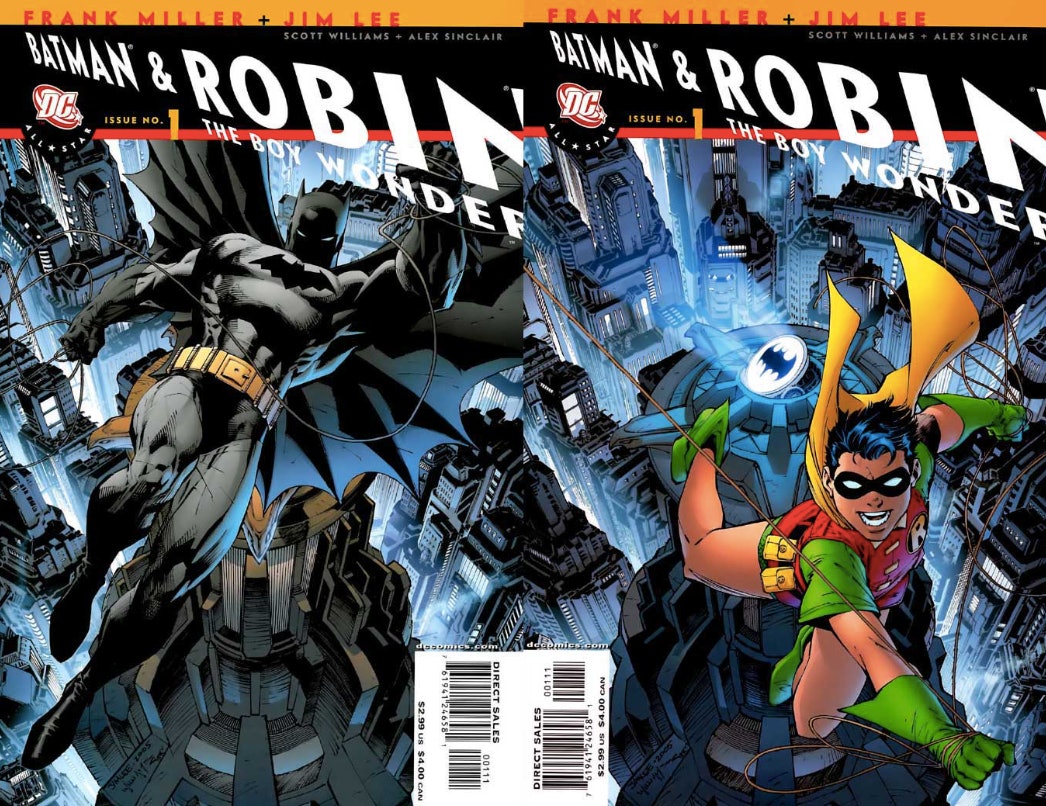
DC probably would’ve been better off just copying the Ultimate formula entirely. Instead, the publisher decided its All-Star books wouldn’t connect in a shared universe. They’d be out-of-continuity stories by the top creators in the business — stories that cut to the heart of these icons.
And so, the All-Star imprint was launched. Grant Morrison and Frank Quitely took on All-Star Superman, while Frank Miller and Jim Lee handled All-Star Batman and Robin, the Boy Wonder. One of these series is regarded as one of the greatest superhero stories ever told. The other is All-Star Batman and Robin.
The Problem with Frank Miller
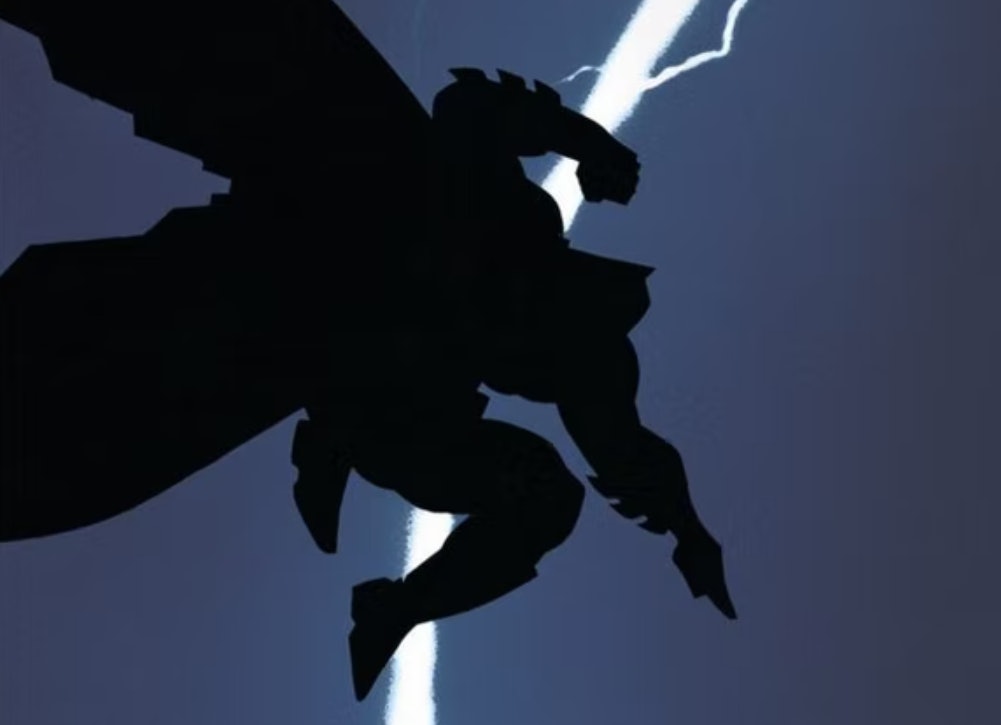
If any comic writer seemed primed to usher Batman into the 21st century, it was Frank Miller. After all, he had redefined Batman and the comics industry as a whole with The Dark Knight Returns (1986) and Batman: Year One (1987), widely considered to be the greatest Batman stories ever told. Year One was also the basis of the 2015 movie reboot Batman Begins. All-Star Batman and Robin, which came out just a few weeks after Christopher Nolan made Batman a viable movie star again, seemed like the perfect timing.
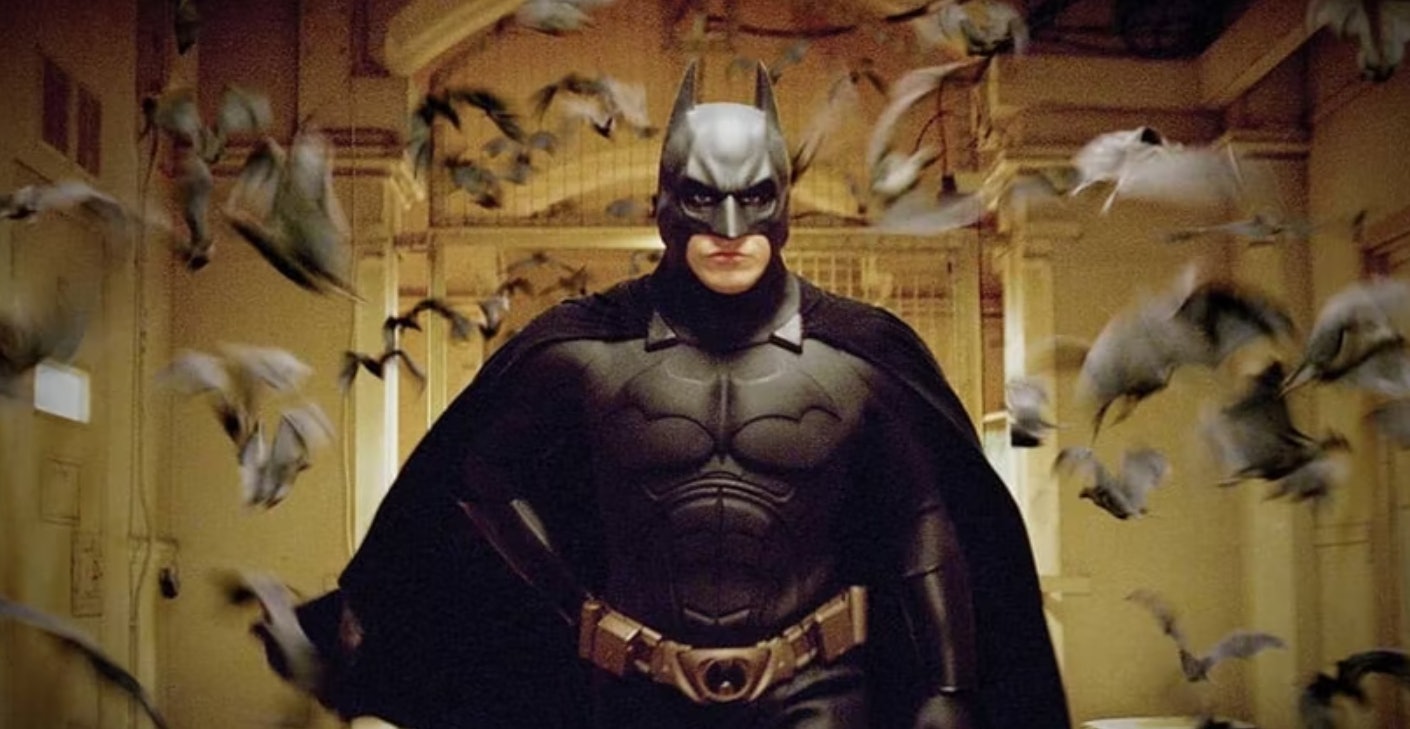
But Miller’s writing had changed over the decades, which readers had noticed in The Dark Knight Strikes Again (2001). That comic relies on repetitive dialogue, characterizations that feel off, sexism, and an unearned cynicism. All-Star Batman and Robin triples down on these issues with pages full of repeated lines, misogyny, homophobia, an abusive lead character, and flimsy noir dialogue that felt like a bad parody of Miller’s own Sin City series
Miller also didn’t make the story a clean reboot. Instead, he set it in continuity with his other Batman work, with a reading order of:
- Batman: Year One
- All-Star Batman and Robin
- The Dark Knight Returns
- The Dark Knight Strikes Again

But even that continuity doesn’t quite work. The Batman depicted in Year One clearly doesn’t vibe with the All-Star Batman — an absolute lunatic doing a bad Clint Eastwood impersonation. Dick Grayson’s subsequent reveal as the Joker 2.0 in The Dark Knight Strikes Again also makes All-Star even more disturbing given the emotional abuses Batman hurls at the boy. The whole thing would be an interesting satire of grim and gritty comics if Miller wasn’t so self-serious.
The only saving grace is Jim Lee’s art. Hot off of his stint on Batman: Hush, Lee, one of the greatest artists to ever draw Batman, makes the project worth reading. But the story itself — what little of it there is — is a rather shameful depiction of Batman
The plot of All-Star Batman and Robin
The narrative is very thin, but it begins with reporter Vicki Vale being asked on a date by Bruce Wayne. They go to the circus and see The Flying Graysons. Bruce reveals he’s had his eye on the boy for some time, which raises Vicki’s eyebrow. But she shrugs it off because Bruce Wayne is so cool.
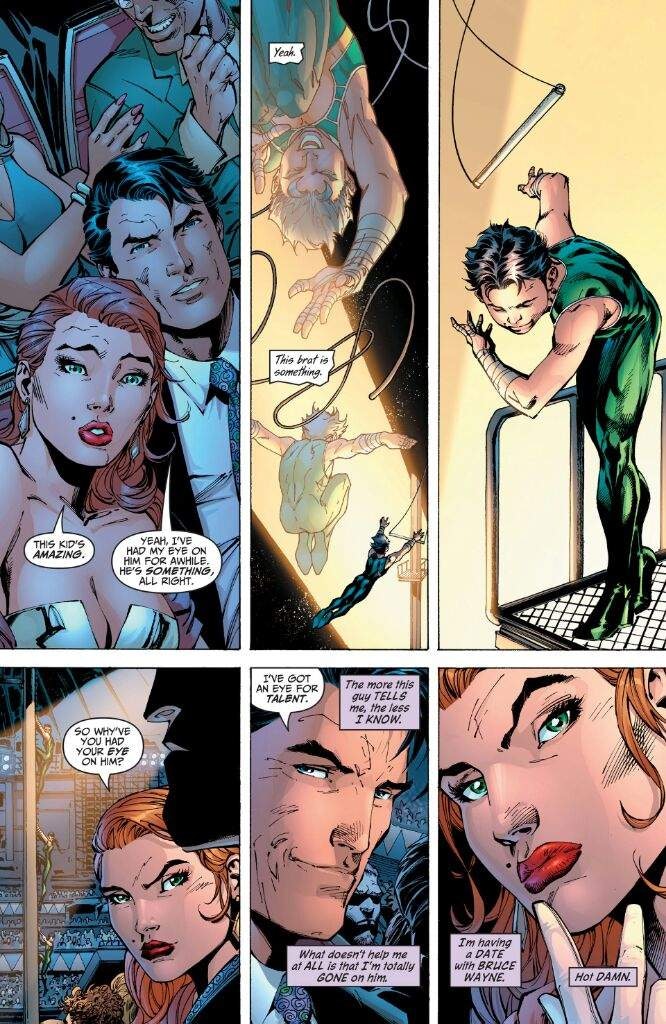
The Graysons are shot by an assailant. The police take Dick Grayson and plan to off him because they’re corrupt — the why is never explained. Vicki follows the cops (with Alfred in tow) hoping to get a scoop. Bruce dons his Batman outfit and drives the Batmobile into the cop car and Alfred and Vicki, leaving Alfred injured and Vicki fighting for her life.
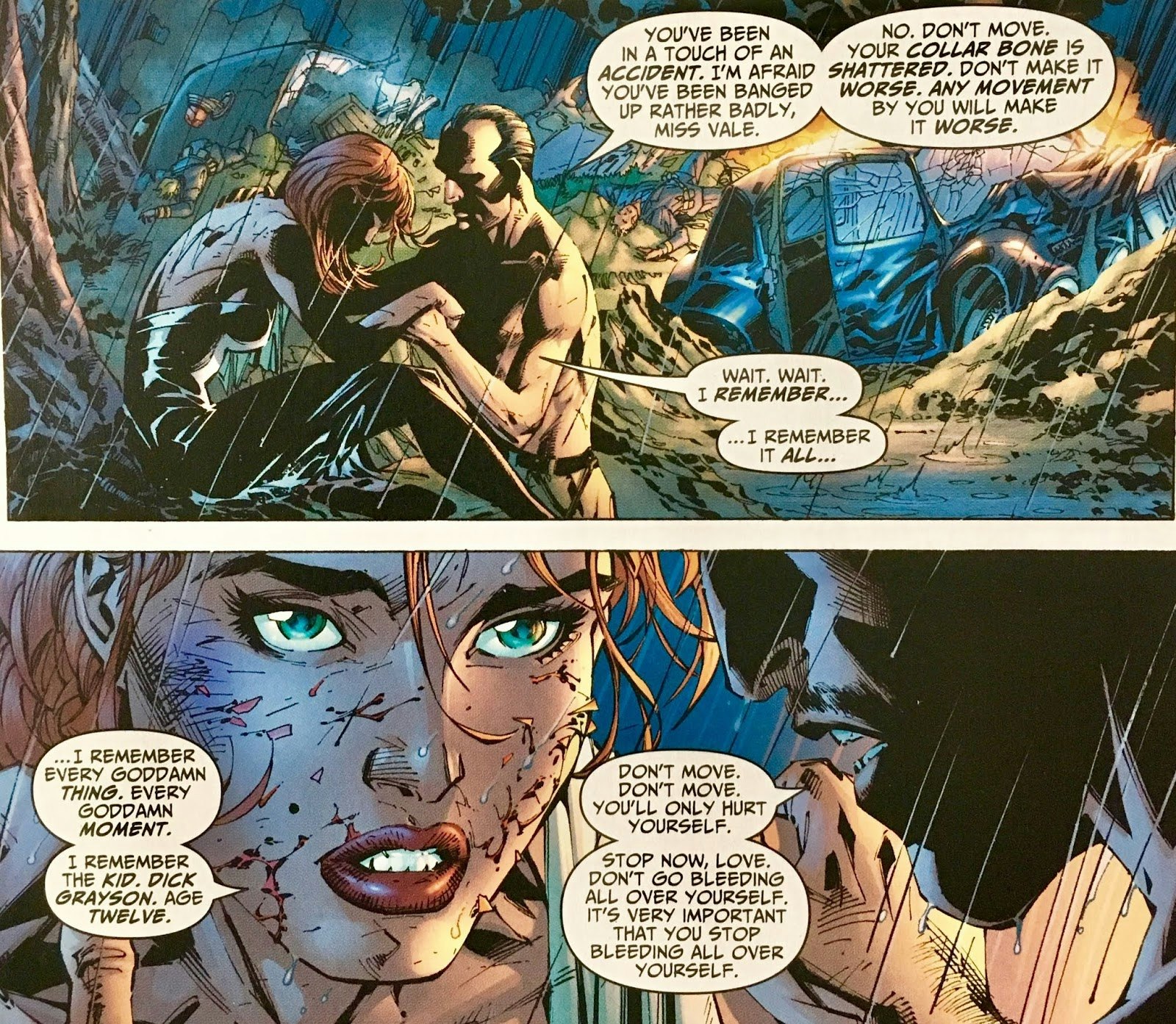
Batman doesn’t care. He kidnaps Grayson, refusing to allow him to feel grief and immediately making the boy into his ward and ally. Dick Grayson, age 12 (as Miller writes an unseemly number of times) is all shook up, more so by Batman’s maniacal laughing and now-infamous “goddamn Batman line.”
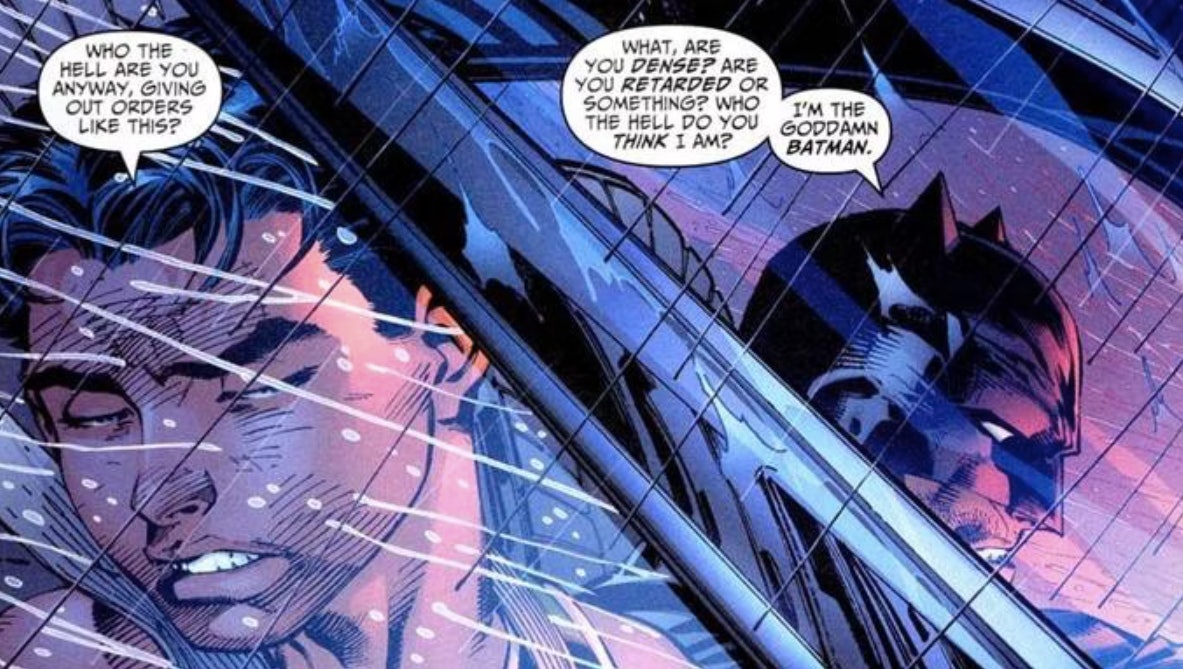
Batman takes Grayson to the cave and abandons him to sleep in the cold and eat rats while he goes on patrol. Dick Grayson’s face is put on a milk carton (yes, that fast), which catches the attention of Superman in Metropolis. He calls the nascent Justice League together. Green Lantern, Plastic Man, and Wonder Woman (who absolutely hates men but is sexually attracted to Superman) discuss what to do about Batman because he’s making the whole superhero community look bad. Wonder Woman suggests they behead him and give his head on a spear to the police as a trophy. The rest think they should trying talking first.
Meanwhile, Batman’s actions have inspired an Irish bartender to beat up the misogynistic bar patrons who keep calling her sweet chunks (it's said so many times). She becomes the vigilante Black Canary. For some reason, she’s already wearing the costume as a bartender. Batman has also inspired the 16-year-old Barbara (the daughter of Gotham’s one good cop, Jim Gordon) to become Batgirl.
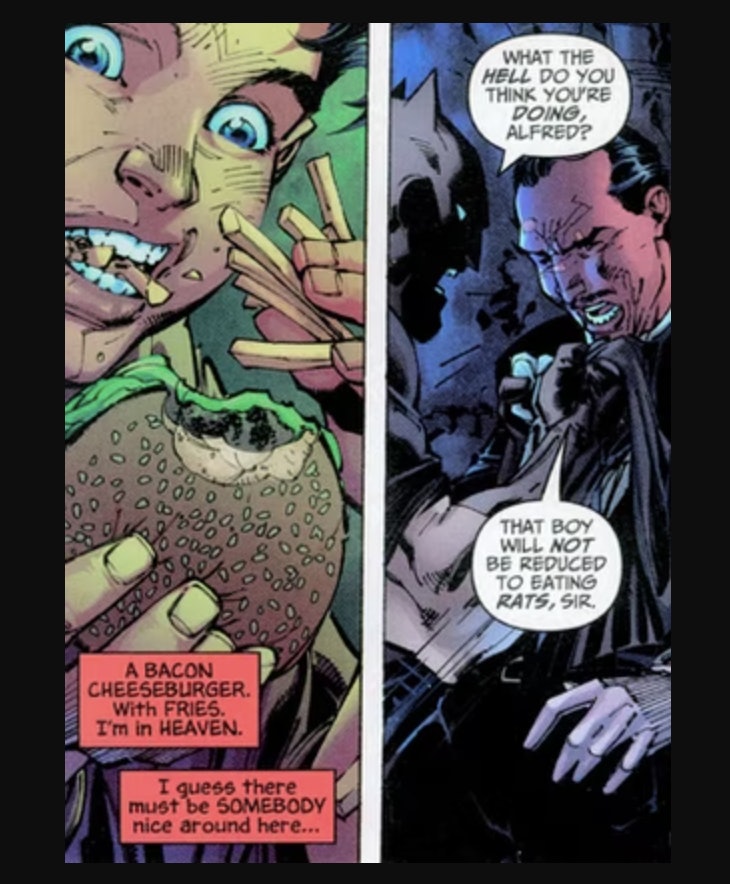
Alfred takes pity on Dick and gets him a cheeseburger, to which Bruce admonishes him before going on patrol and gleefully inflicting pain on would-be muggers and rapists. He’s on the hunt for the man who shot the Graysons, Jocko. Batman finds him at the docks, along with Black Canary. The two team up and then have sex in the rain, in their costumes.
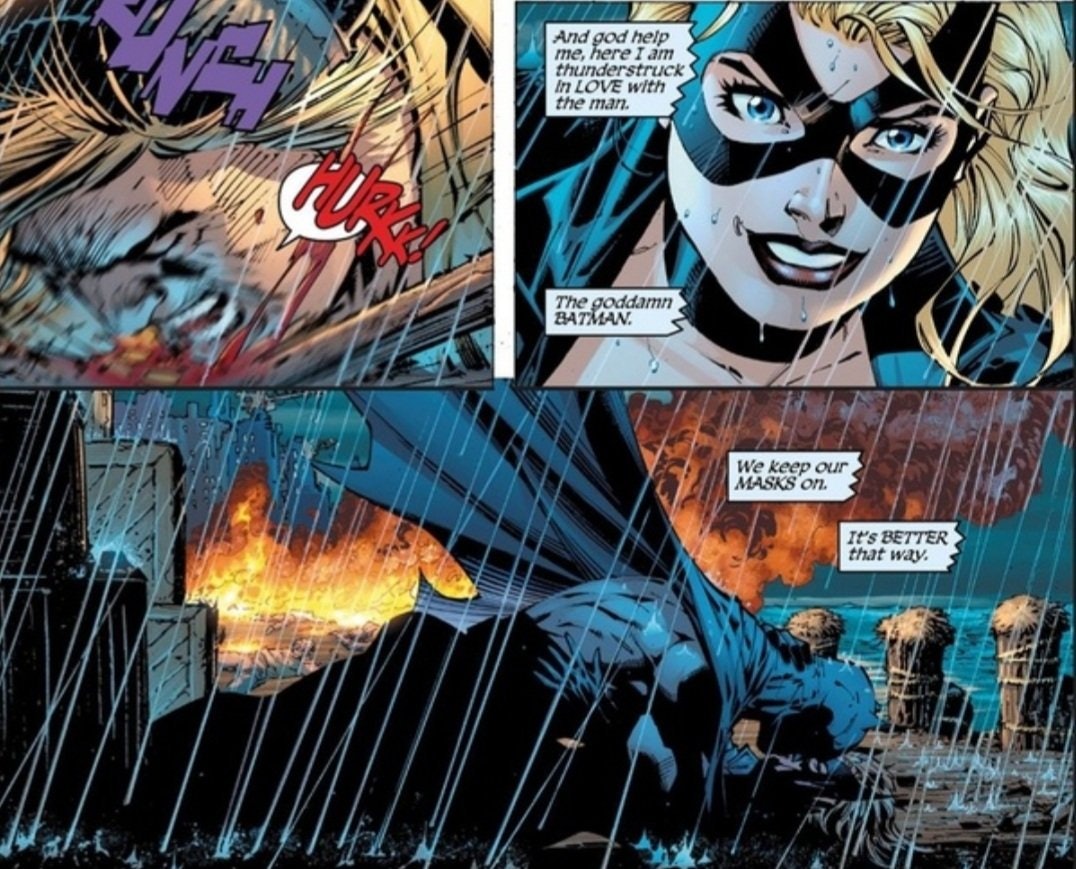
Dick decides to make a costume for himself, inspired by Robin Hood, and agrees to become Batman’s partner — even though he’s crazy.

Batman finds out that Jocko was hired by the Joker, who has a Chinese dragon tattoo for some reason and strangles women as an expression of his “love.” But before they can tackle the Joker, Green Lantern comes calling. Batman gives him a meeting spot in which he and Robin have pointed everything yellow, including themselves, because the Lantern’s ring won’t work on yellow.
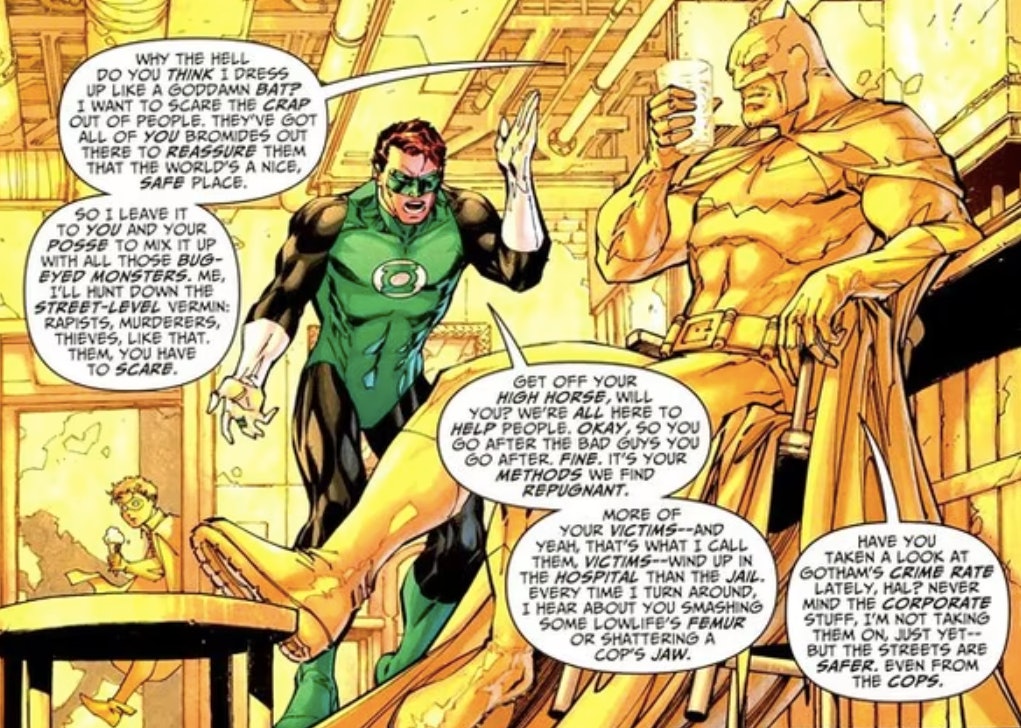
Batman convinces Hal Jordan that Robin is not Dick Grayson and Batman and Robin call him stupid. Robin hits him and collapses his trachea and Batman has to form emergency surgery. Batman then questions his decision to train the boy and remembers he had years to train and grieve. He drives Robin to the cemetery where his parents are buried and allows him to grieve. The end.
All-star Batman’s legacy
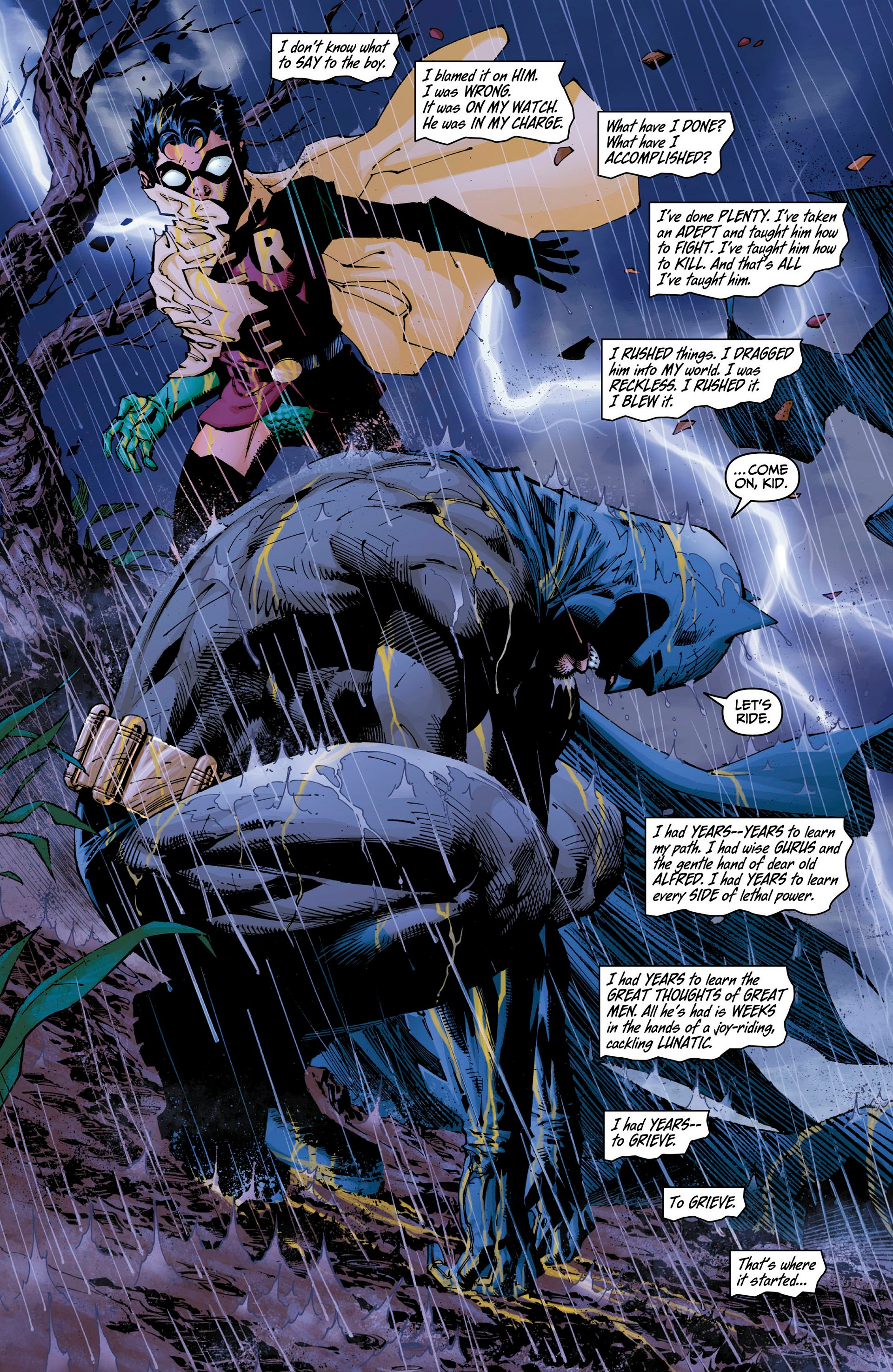
DC eventually released an additional un-published issue in an expensive Absolute hardback edition. A follow-up Dark Knight: Boy Wonder was announced in 2010 to conclude the story but it never came to fruition. Now that Miller has moved on from DC and launched his own imprint, it probably won’t. At least, not with him, which is probably for the best.
For as much criticism as films like Batman v Superman (2016), Joker (2019), and The Batman (2022) get for being dark and gritty, they’re really put into perspective as valuable takes on these characters, especially in the face of what Miller concocted. All-Star Batman and Robin is an interesting relic of the 2000s with great art, but as a Batman story, it’s a travesty.







